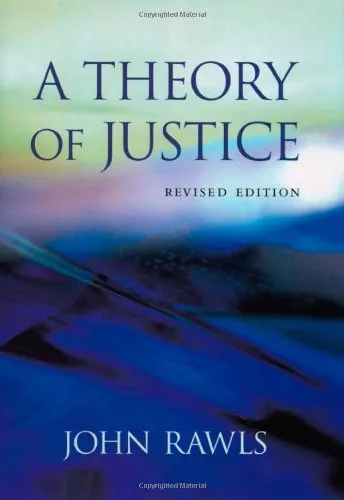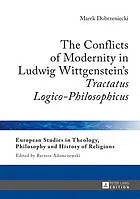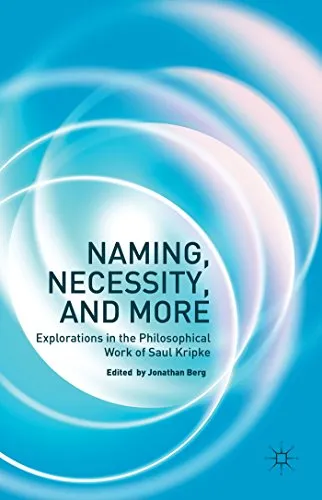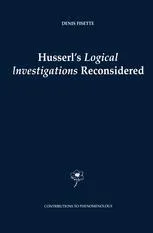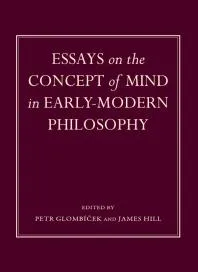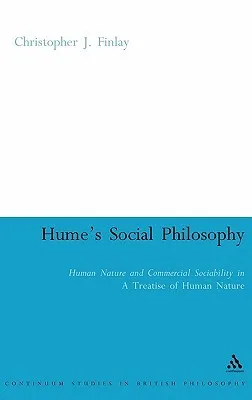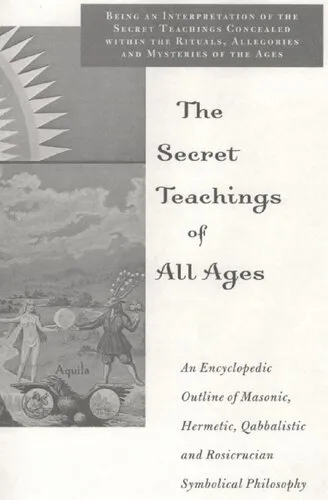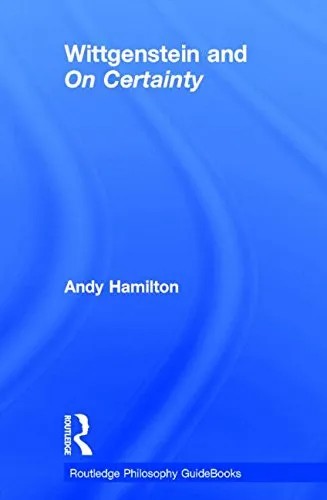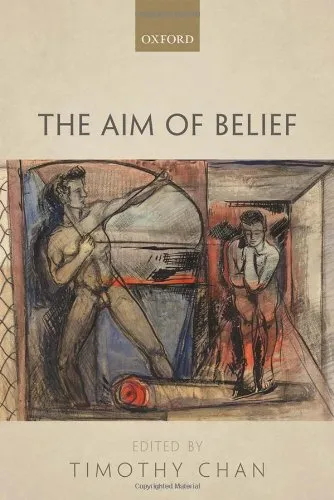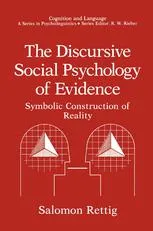A Theory of Justice
4.5
Reviews from our users

You Can Ask your questions from this book's AI after Login
Each download or ask from book AI costs 2 points. To earn more free points, please visit the Points Guide Page and complete some valuable actions.Related Refrences:
Introduction to 'A Theory of Justice'
Published in 1971, John Rawls' "A Theory of Justice" is a seminal work in the field of political philosophy, fundamentally reshaping our understanding of social justice and fairness. Through a meticulous exposition of principles, Rawls invites readers to rethink the distribution of rights, duties, and resources within a society.
Detailed Summary of the Book
The core objective of "A Theory of Justice" is to offer an alternative to utilitarianism, proposing a model of justice grounded in fairness and equitability. Rawls introduces the concept of the "original position," a hypothetical scenario where rational individuals select principles of justice from behind a "veil of ignorance." This veil obscures all knowledge of personal characteristics and social status, ensuring that choices are made fairly and impartially.
The resulting principles, according to Rawls, would prioritize basic liberties and guarantee equal access to opportunities. Additionally, economic inequalities would be organized to benefit the least advantaged, illustrating what he refers to as the "difference principle." Together, these ideas form the foundation of what Rawls describes as "justice as fairness."
Rawls extensively argues against utilitarianism by underscoring its potential to compromise individual rights in the promotion of overall happiness. He emphasizes that a just society must independently safeguard the rights and dignity of all individuals, regardless of broader social gains. The book's intricate arguments are supported by robust philosophical reasoning, drawing on insights from historical figures such as Immanuel Kant and Jean-Jacques Rousseau.
Key Takeaways
Rawls' "A Theory of Justice" is rich with insights, and several key takeaways stand out:
- Original Position and Veil of Ignorance: These concepts are powerful tools for envisioning fair decision-making processes in the absence of personal biases.
- Priority of Liberty: Rawls asserts that individual rights and liberties are paramount, and any limitations on them must be justified.
- The Difference Principle: This principle advocates for social and economic arrangements that benefit the least advantaged members of society.
- Critique of Utilitarianism: Rawls raises significant ethical questions about utilitarianism's potential to violate individual rights for the sake of greater happiness.
Famous Quotes from the Book
John Rawls' writing is celebrated for its clarity and depth. Here are some notable quotes from "A Theory of Justice":
"Justice is the first virtue of social institutions, as truth is of systems of thought."
"Each person possesses an inviolability founded on justice that even the welfare of society as a whole cannot override."
"The principles of justice are chosen behind a veil of ignorance."
Why This Book Matters
"A Theory of Justice" matters because it challenges and enhances our understanding of justice in a democratic society. By prioritizing fairness, Rawls’ theory offers a robust framework for evaluating and improving the social and political institutions that govern our lives.
The book's introduction of the "original position" and the "veil of ignorance" has become fundamental to contemporary debates on ethics and justice, with implications for law, economics, and politics. Its influence extends into practical affairs, as policymakers and scholars continue to leverage these concepts in the pursuit of more just and equitable societies.
Ultimately, "A Theory of Justice" remains a cornerstone of modern philosophical discourse, urging us to consider how societies can be structured in ways that uphold the dignity and rights of every person.
Free Direct Download
You Can Download this book after Login
Accessing books through legal platforms and public libraries not only supports the rights of authors and publishers but also contributes to the sustainability of reading culture. Before downloading, please take a moment to consider these options.
Find this book on other platforms:
WorldCat helps you find books in libraries worldwide.
See ratings, reviews, and discussions on Goodreads.
Find and buy rare or used books on AbeBooks.
1468
بازدید4.5
امتیاز0
نظر98%
رضایتReviews:
4.5
Based on 0 users review
Questions & Answers
Ask questions about this book or help others by answering
No questions yet. Be the first to ask!
